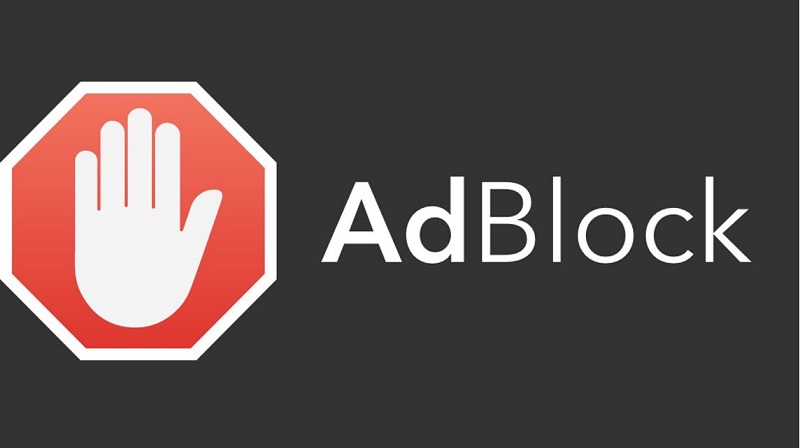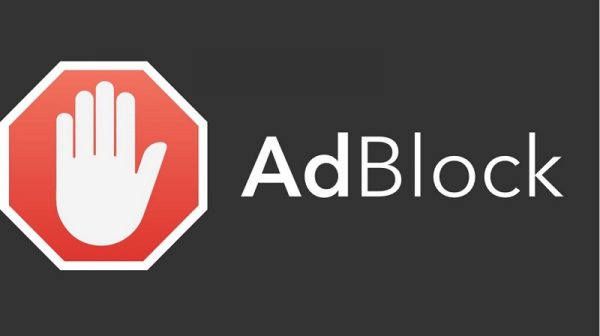Online ads now seem to be the cash cow of the internet. Usually, websites that do not offer any form of subscription or paid content resort to online ads as a revenue source and this is a major reason why we are able to access so much free content on the internet. Use of ads as a revenue model has grown over the years because businesses are adopting online advertising as a means to show their content to a wider audience. Ads have also gone beyond just websites and are now seen in mobile apps and basically anything that uses the internet. But the proliferation of online ads has affected the web experience of the internet user and this has brought about the use of ad blocking software and extensions.
From a research done by Hubspot, people find fault with ads because they are either annoying and intrusive, disruptive, they create security concerns and affect load time and bandwidth usage. Hence, people use Adblock to remove advertising content in a web page and they no longer see advertising content on web pages. While this is convenient for the user, it means no revenue for the site owners.

Now, most websites have tried to find their way around ad blocking. Some apply to be part of a whitelist of websites maintained by ad blocking organisations that promise to only display ‘acceptable ads’, while others experiment with ways to get visitors to pay for their content, either through subscriptions, micropayments, or one-time donations. Some allow all browsers to see a few articles before blocking access and requesting payment, while others just block access to content to browsers using an ad blocker.

Some sites also give a pop up notification, asking you to disable your AdBlock.

There now arises a need to find a middle ground, where both the site owners and internet users can be satisfied. Since most users have no problem with well-presented ads, the ad creators should present ads in a professional manner so it doesn’t disrupt the experience of the user. But in the case of offensive ads and intrusive pop-ups, users of AdBlock should be sure to filter only ads that appear offensive, intrusive and or malicious.
If the online ad industry does not improve the way ads are presented, the future of online ads may be uncertain. Most browsers already have support for AdBlock extensions and the adoption rate is high. If advertisers can agree to only display unobtrusive ads, there are a lot of people around the globe who are willing to look at them. Consumer behaviour should dictate strategy. The next phase for the ad industry should begin with an understanding of what creates value for consumers.


